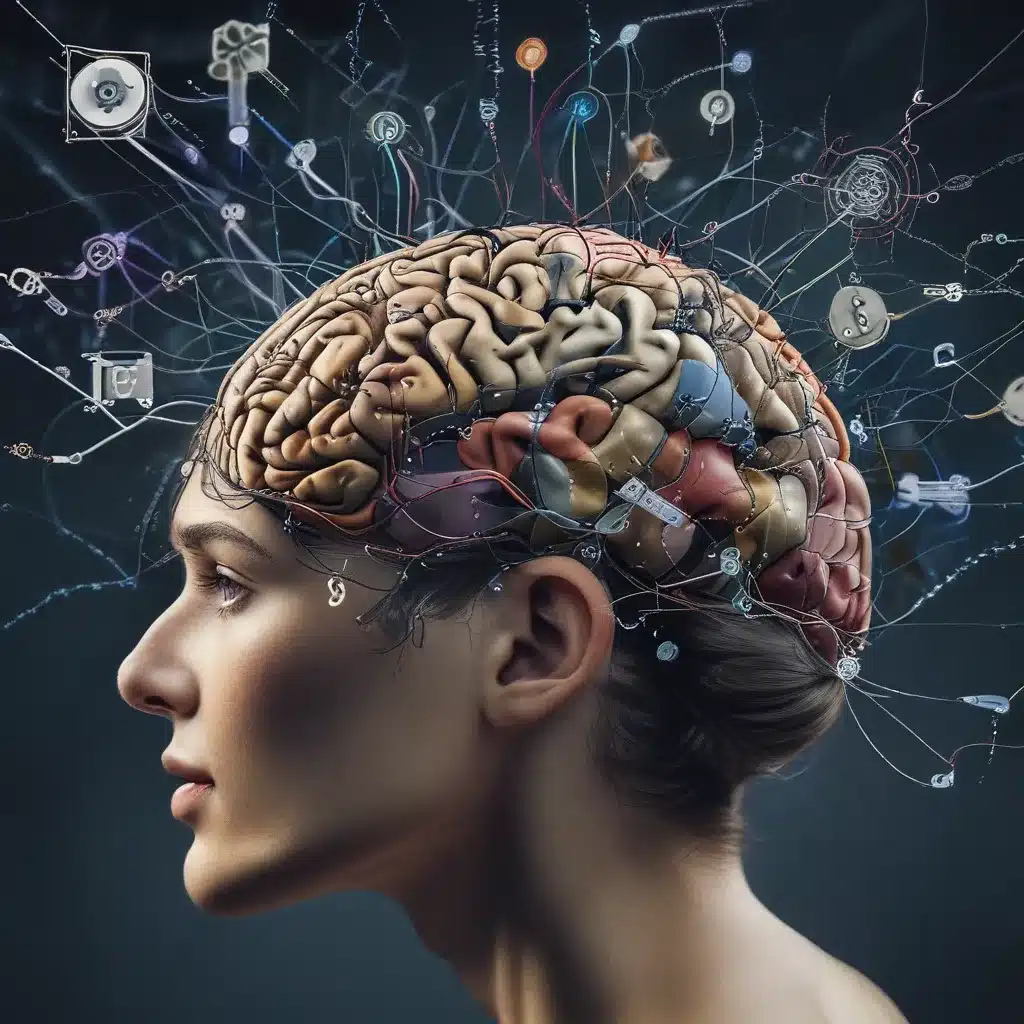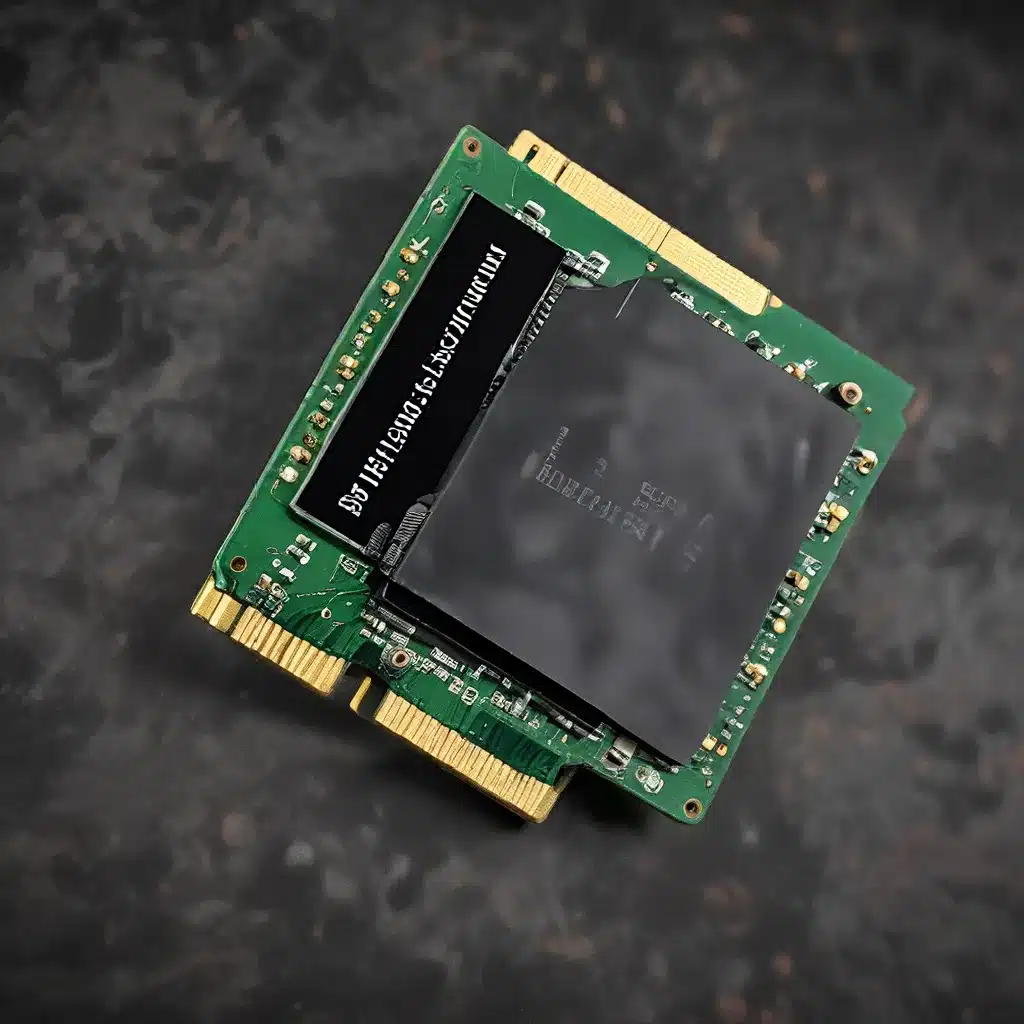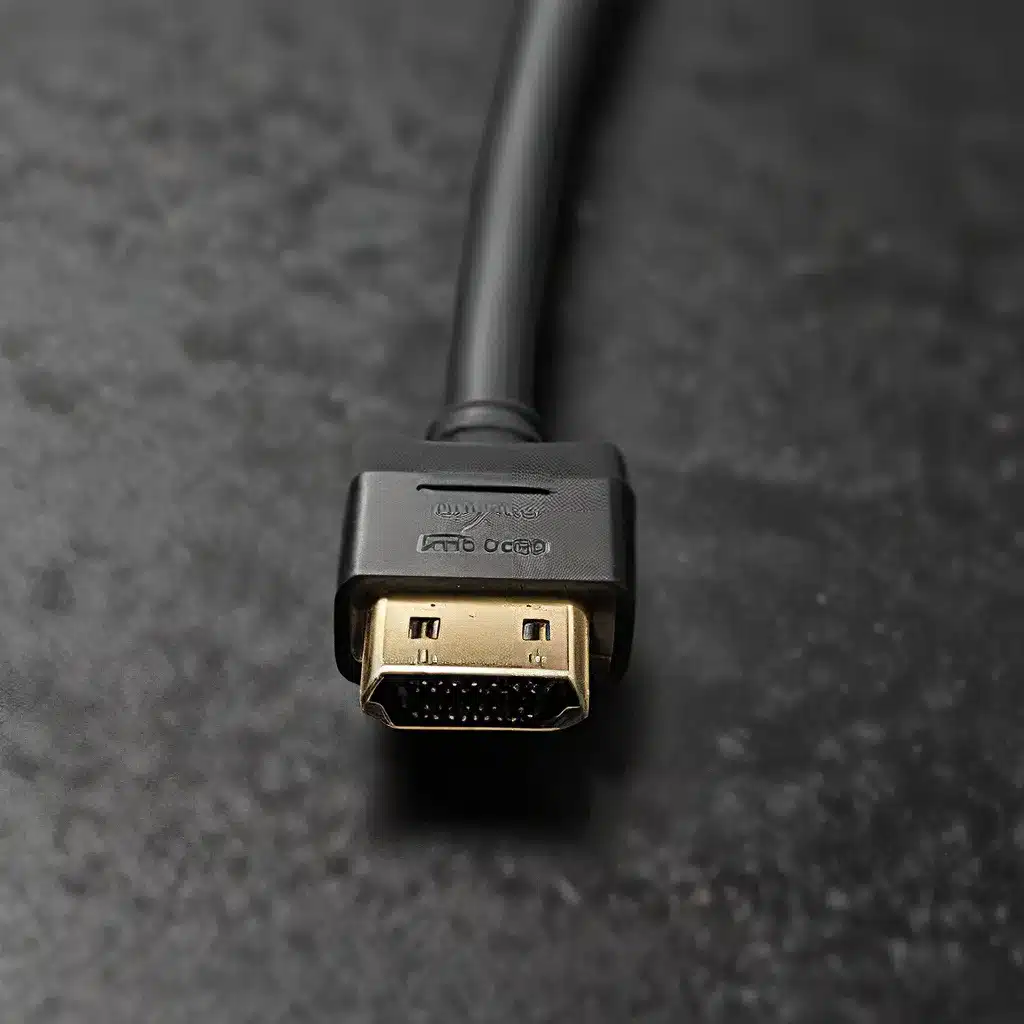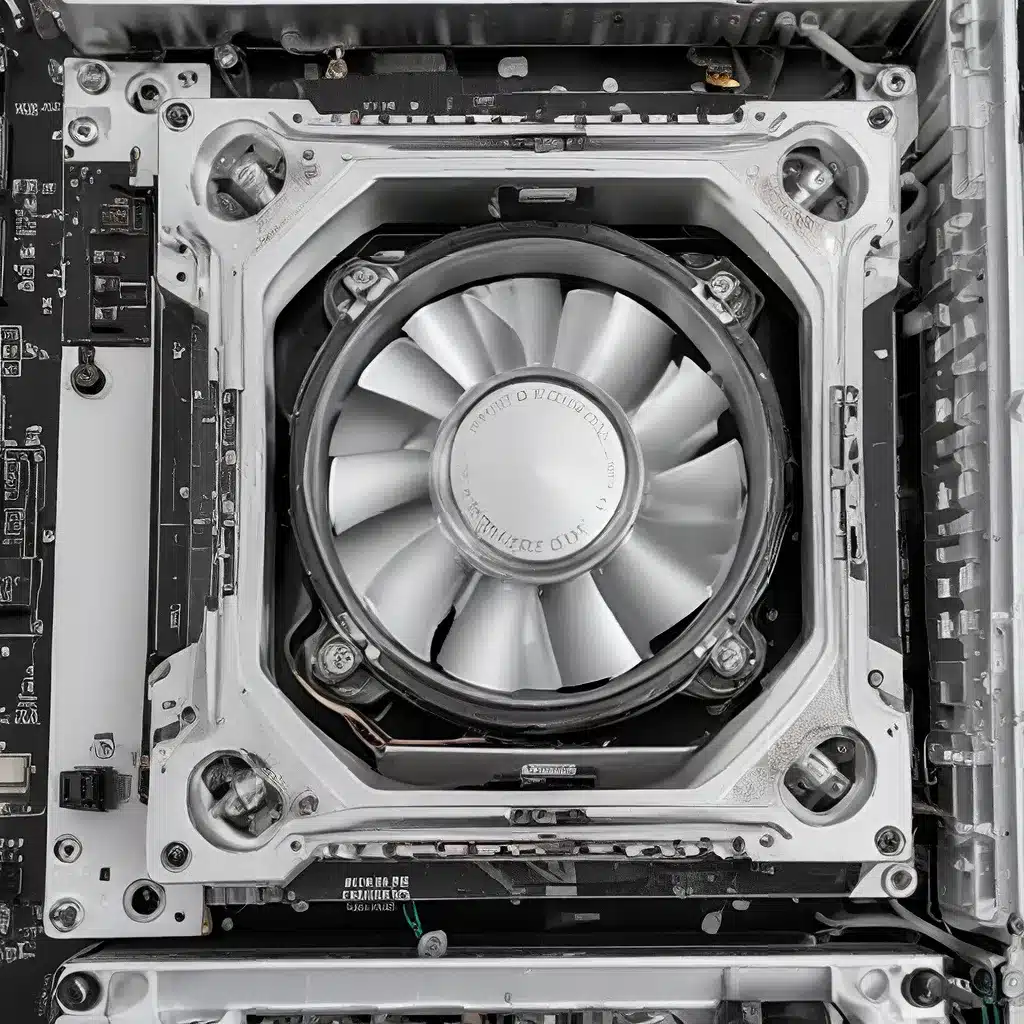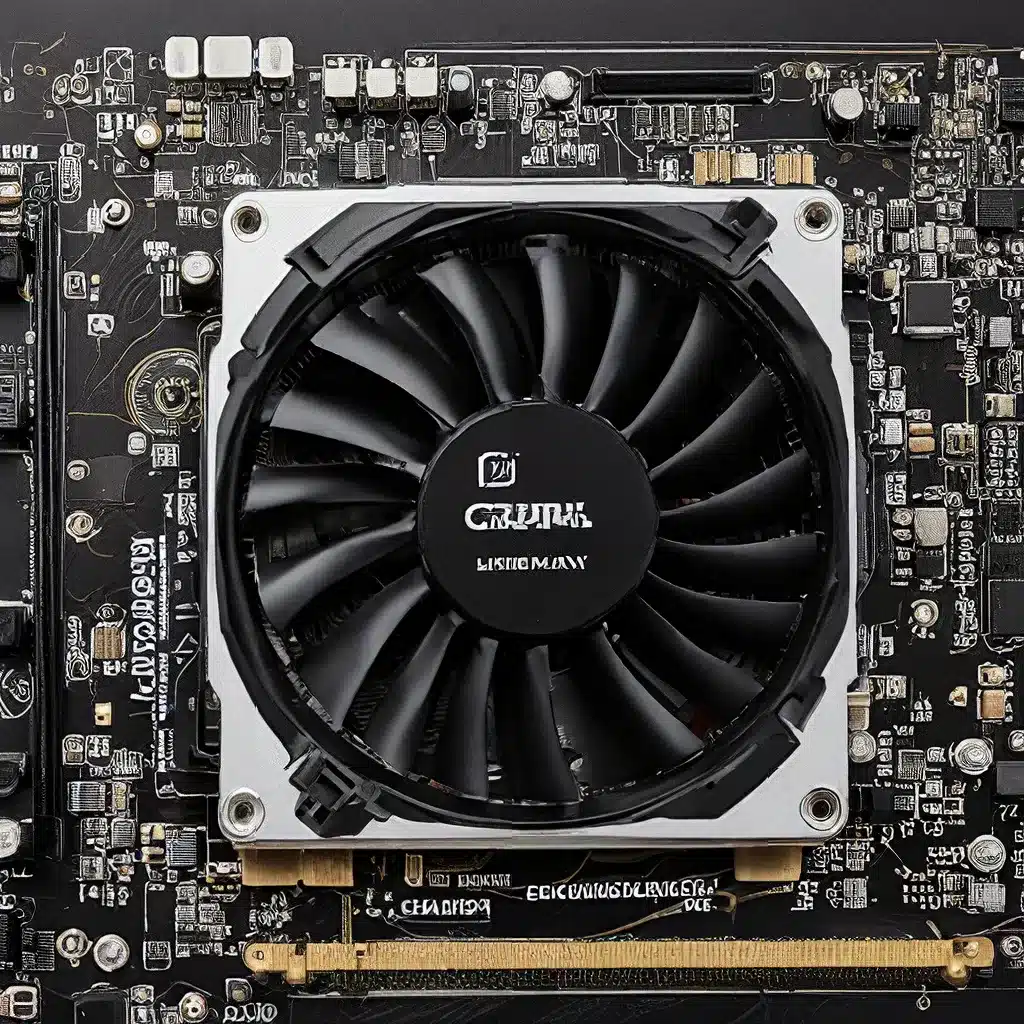The Promise and Peril of Brain Augmentation
You know, when I first heard about the idea of enhancing our brains with technology, I have to admit, I was a little skeptical. Wasn’t this the stuff of science fiction – super-smart cyborgs and all that? But as I delved deeper into the research, I realized that the possibilities are not only real, but they’re rapidly evolving right before our eyes.
From genetic engineering to brain-computer interfaces, the world of brain augmentation is nothing short of awe-inspiring. Imagine a future where we could boost our memory, sharpen our focus, or even unlock entirely new cognitive abilities. It’s the stuff that dreams are made of, right? But as with any transformative technology, there’s a flip side to consider – the potential risks and ethical dilemmas that come along with tampering with the most complex organ in the human body.
Genetic Engineering: Designing Our Destiny?
One of the most promising (and potentially controversial) avenues of brain enhancement lies in the realm of genetic engineering. With the advent of game-changing technologies like CRISPR, scientists are now able to edit the human genome with unprecedented precision. And when it comes to the brain, the possibilities are truly mind-boggling.
Imagine being able to tweak the genetic code to boost your intelligence, or to eliminate the risk of debilitating neurological diseases. On the surface, it sounds like a dream come true. But dig a little deeper, and you’ll uncover a host of ethical landmines. What happens if these genetic enhancements become accessible only to the wealthy, widening the already vast divide between the haves and the have-nots? And what if we inadvertently create a new class of “super-humans” – a development that could threaten the very fabric of our society?
These are the kinds of thorny questions that keep ethicists and philosophers up at night. And as the science races forward, it’s clear that we’ll need to wrestle with these issues sooner rather than later. After all, as one expert points out, “the new gene-splicing technique CRISPR greatly improves scientists’ ability to accurately and efficiently edit the human genome in both embryos and adults.”
Hacking the Brain: The Rise of Brain-Computer Interfaces
If genetic engineering represents the future of brain enhancement, then brain-computer interfaces (BCIs) are the here and now. These cutting-edge technologies aim to directly link our brains to digital systems, unlocking a whole new world of cognitive possibilities.
Just imagine being able to control a computer or a prosthetic limb with the power of your thoughts alone. Or what about a future where we can upload our memories to the cloud, or even merge our consciousness with artificial intelligences? It’s the kind of stuff that sci-fi dreams are made of – and it’s already starting to become a reality.
Take, for example, the recent announcement from Elon Musk’s Neuralink, which has successfully implanted its first computer chip in a human brain. The goal? To one day “unlock human potential” by seamlessly integrating our minds with digital technology.
But as exciting as these advancements may be, they also come with their fair share of concerns. After all, tinkering with the delicate wiring of the brain is no small feat, and the potential for unintended consequences is high. What if these brain-computer interfaces malfunction and cause harm? Or what if they’re hacked, leaving our most intimate thoughts and memories vulnerable to exploitation?
These are the kinds of questions that neuroscientists at Stanford are grappling with. On the one hand, they recognize the immense potential of these technologies to heal and enhance our minds. But on the other, they’re keenly aware of the ethical minefield that lies ahead.
The Ethical Tightrope
As fascinating and tantalizing as the prospect of brain enhancement may be, it’s clear that we’re treading on delicate ground. After all, the human brain is the most complex and fragile organ in our bodies – the very essence of what makes us who we are. Tampering with it, whether through genetic engineering or brain-computer interfaces, is not something to be taken lightly.
For many religious and philosophical thinkers, the notion of trying to “play God” and fundamentally alter the human condition is a major red flag. As one ethicist puts it, “Courage, fidelity, fortitude, generosity, hope, moderation, perseverance – these are all cultivated in response to the limitations of circumstance and nature. If we attempt to be something more than human, are we running the risk of trying to become in some ways like God?”
It’s a profound and unsettling question, one that forces us to confront the very nature of what it means to be human. And it’s not just the religious crowd that’s grappling with these issues – even secular thinkers are raising serious concerns about the societal implications of brain enhancement.
One worry is that these technologies could exacerbate existing inequalities, creating a stark divide between the enhanced and the unenhanced. Imagine a future where only the wealthy can afford to boost their children’s IQs or implant them with memory-enhancing chips. The ramifications for social mobility and meritocracy could be dire.
And then there’s the thorny question of what it means to be “human” in the first place. If we start merging our minds with machines or fundamentally altering our biology, are we still truly Homo sapiens as we know them? It’s the kind of existential quandary that would make even the most hardened philosopher break a sweat.
The Allure of Limitless Potential
Despite these weighty ethical concerns, there’s no denying the siren song of brain enhancement. After all, the prospect of unlocking our true cognitive potential is an incredibly seductive one. Who wouldn’t want to be smarter, faster, and more capable than the average person?
And let’s be honest – we humans have always had a knack for pushing the boundaries of what’s possible. From the invention of the wheel to the conquest of space, our species has a long history of using technology to transcend our natural limitations. So why should the brain be any different?
As one transhumanist thinker puts it, “No longer would a person’s physical and psychological attributes be subject to the capricious whims of nature. Instead, science would allow us to take control of our species’ development, making ourselves and future generations stronger, smarter, healthier, and happier.”
It’s a tantalizing vision, to be sure. And with the rapid pace of technological progress, it’s clear that we’re rapidly approaching a pivotal moment in human history. Do we embrace the promise of brain enhancement, with all of its potential benefits? Or do we pump the brakes, wary of the unintended consequences that could come with messing with the most complex organ in the known universe?
A Future of Infinite Possibility (or Peril)?
As I sit here, contemplating the implications of brain enhancement, I can’t help but feel both excited and unsettled. On the one hand, the prospect of unlocking new realms of human potential is nothing short of thrilling. Imagine a world where we could boost our creativity, sharpen our problem-solving skills, or even extend the boundaries of our consciousness.
But on the other hand, the ethical landmines are impossible to ignore. The potential for widening social divides, eroding our shared sense of humanity, or even creating new forms of exploitation and oppression – it’s enough to make even the most optimistic futurist pause and take a deep breath.
Ultimately, I don’t think there are any easy answers when it comes to the question of brain enhancement. It’s a complex issue that requires us to grapple with deep philosophical and moral questions. But one thing is clear: as a society, we can’t afford to bury our heads in the sand. The technology is advancing rapidly, and we need to be proactive in shaping its trajectory.
Perhaps the best way forward is to approach this brave new world with a healthy dose of skepticism, tempered by a genuine openness to explore the possibilities. We need rigorous scientific research, robust public discourse, and a steadfast commitment to ethical principles. Only then can we hope to navigate the treacherous terrain of brain augmentation in a way that truly benefits all of humanity.
After all, as the IT company I work for is fond of saying, the future is ours to shape. And when it comes to the future of our minds, the stakes have never been higher. So let’s roll up our sleeves, dive into the debate, and see where the journey takes us. Who knows – maybe we’ll end up unlocking the true potential of the human brain, and along the way, discover what it truly means to be human.

